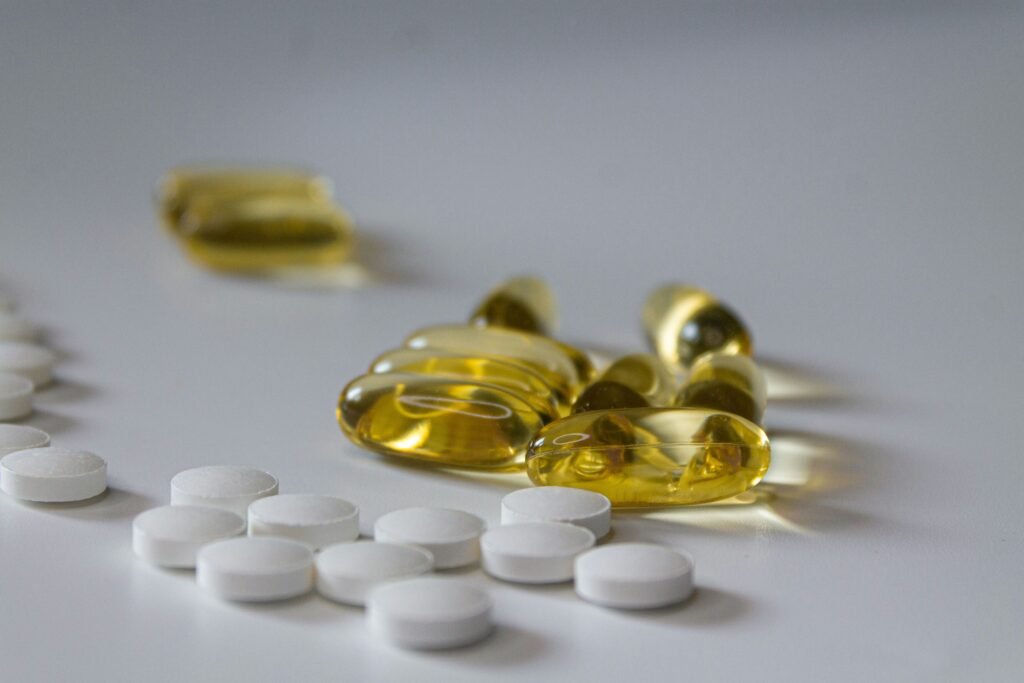How Magnesium Optimizes Post-Workout Recovery
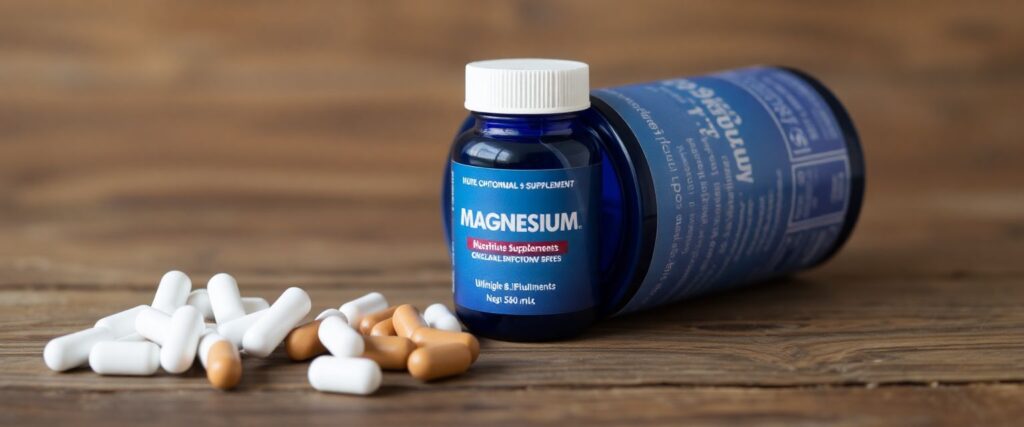
Magnesium plays a crucial role in athletic performance and recovery. This guide explores the best magnesium supplements for post-workout recovery, their unique advantages, and how to incorporate them into your fitness routine effectively.
Understanding Magnesium’s Role in Post-Workout Recovery
Magnesium is involved in over 300 enzymatic reactions in the body, making it essential for various physiological processes. After intense physical activity, magnesium levels can become depleted, leading to muscle soreness, fatigue, and decreased performance.
Replenishing magnesium stores aids in:
- Muscle relaxation
- Reducing inflammation
- Supporting protein synthesis
- Enhancing energy production
- Improving sleep quality
- Regulating stress hormones
By addressing these factors, magnesium supplementation can significantly improve recovery time and overall athletic performance.
Types of Magnesium Supplements for Optimal Recovery
1. Magnesium Lotion: Targeted Relief at Your Fingertips
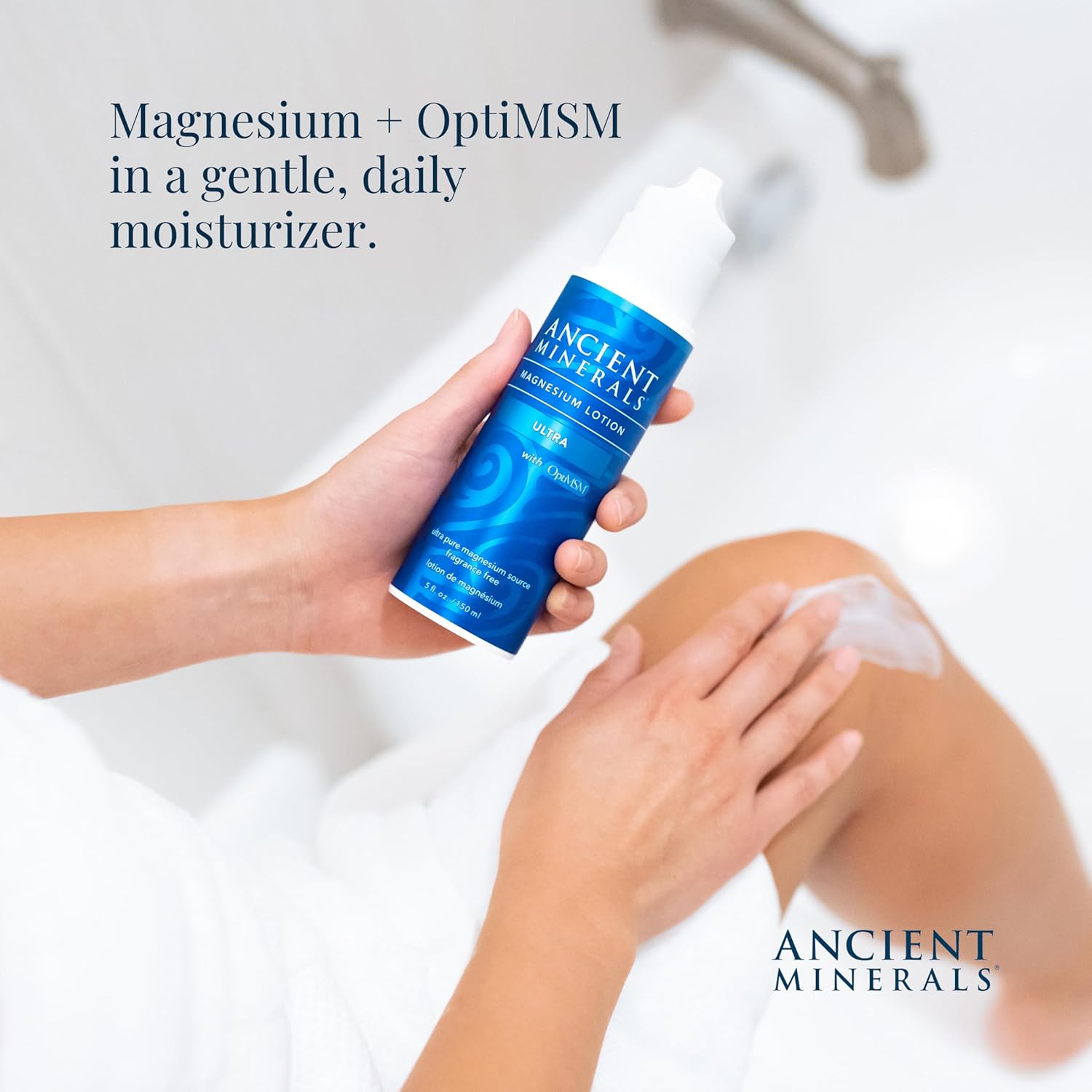
Transdermal magnesium application through lotions offers a convenient and effective way to deliver magnesium directly to sore muscles and joints.
Product Example: Ancient Minerals Magnesium Lotion Ultra with OptiMSM
This lotion combines magnesium chloride with OptiMSM (a form of sulfur) to enhance absorption and provide additional anti-inflammatory benefits. Massaging this lotion into tired muscles after an intense workout session provides almost immediate relief and reduces next-day soreness. The transdermal application bypasses the digestive system, making it an excellent option for people who have sensitive stomachs or absorption issues. It allows for targeted application to specific problem areas, such as overworked quads after a long run or tight shoulders after a heavy lifting session.
2. Magnesium Cream: Soothing Relief with Added Skin Benefits

Similar to magnesium lotion but often with a richer texture, magnesium cream offers another fantastic topical option for post-workout recovery.
Product Example: Venture Pal Magnesium Cream
This cream delivers a potent dose of magnesium while including nourishing ingredients for your skin. It’s particularly effective for massaging into areas prone to cramping, like calves and feet, after endurance activities or high-intensity interval training. The added moisturizing properties make it a dual-purpose product – addressing muscle recovery while also taking care of your skin. This is especially beneficial if you’re prone to dry skin from frequent showering after workouts or exposure to chlorine in swimming pools.
3. Liquid Magnesium: Fast-Acting Oral Supplementation
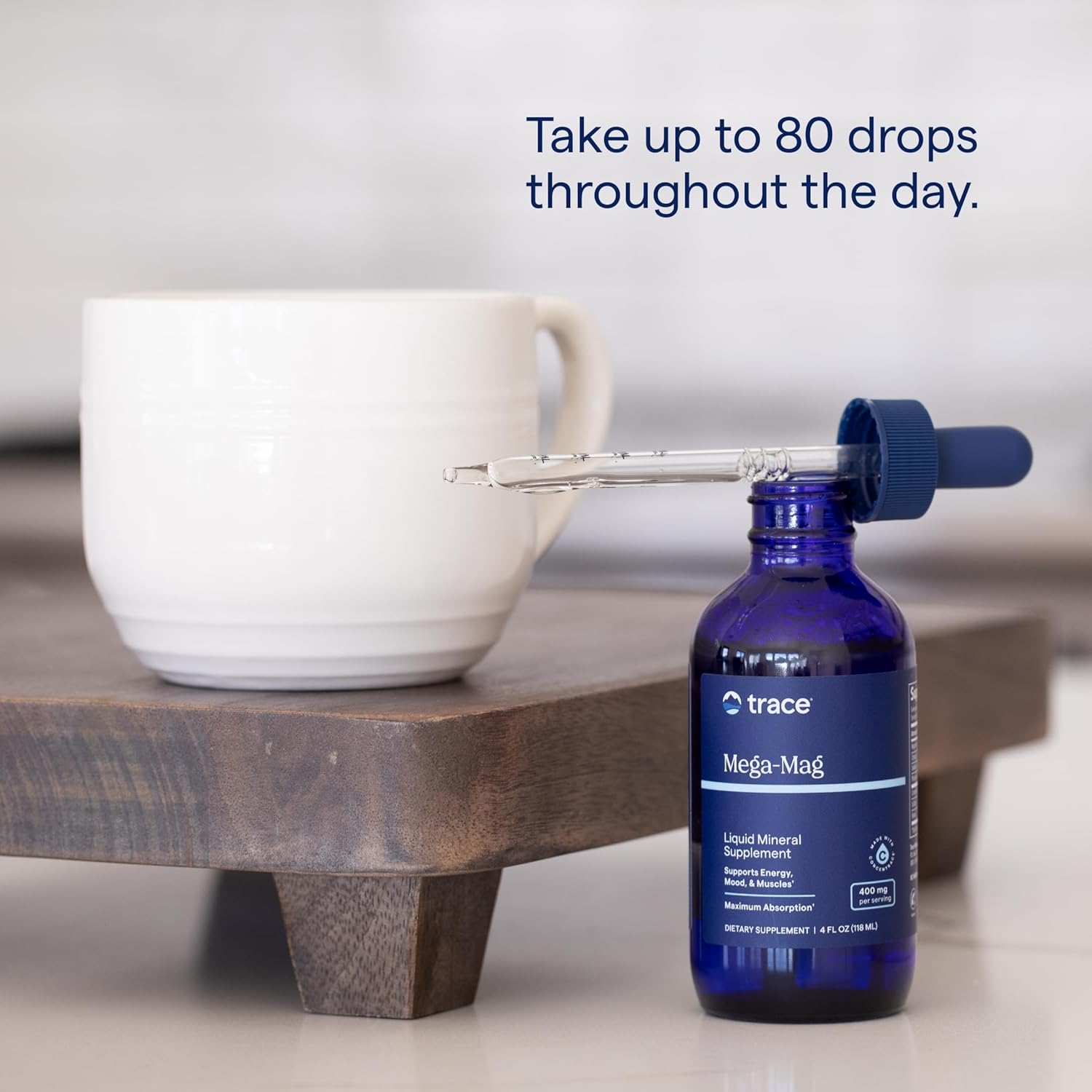
For those who prefer an oral supplement but want rapid absorption, liquid magnesium is an excellent choice.
Product Example: Trace Minerals Research Liquid Ionic Magnesium
This highly bioavailable form of magnesium can be easily mixed into your post-workout shake or water. Taking liquid magnesium immediately after intense training sessions helps stave off the onset of muscle soreness and fatigue. The liquid form allows for flexible dosing, which is particularly useful if you’re adjusting your intake based on the intensity of your workouts or your overall magnesium needs. It’s also an excellent option for athletes who struggle with swallowing pills or prefer to avoid additional capsules in their supplement regimen.
4. Magnesium Tablets: Convenient Daily Supplementation
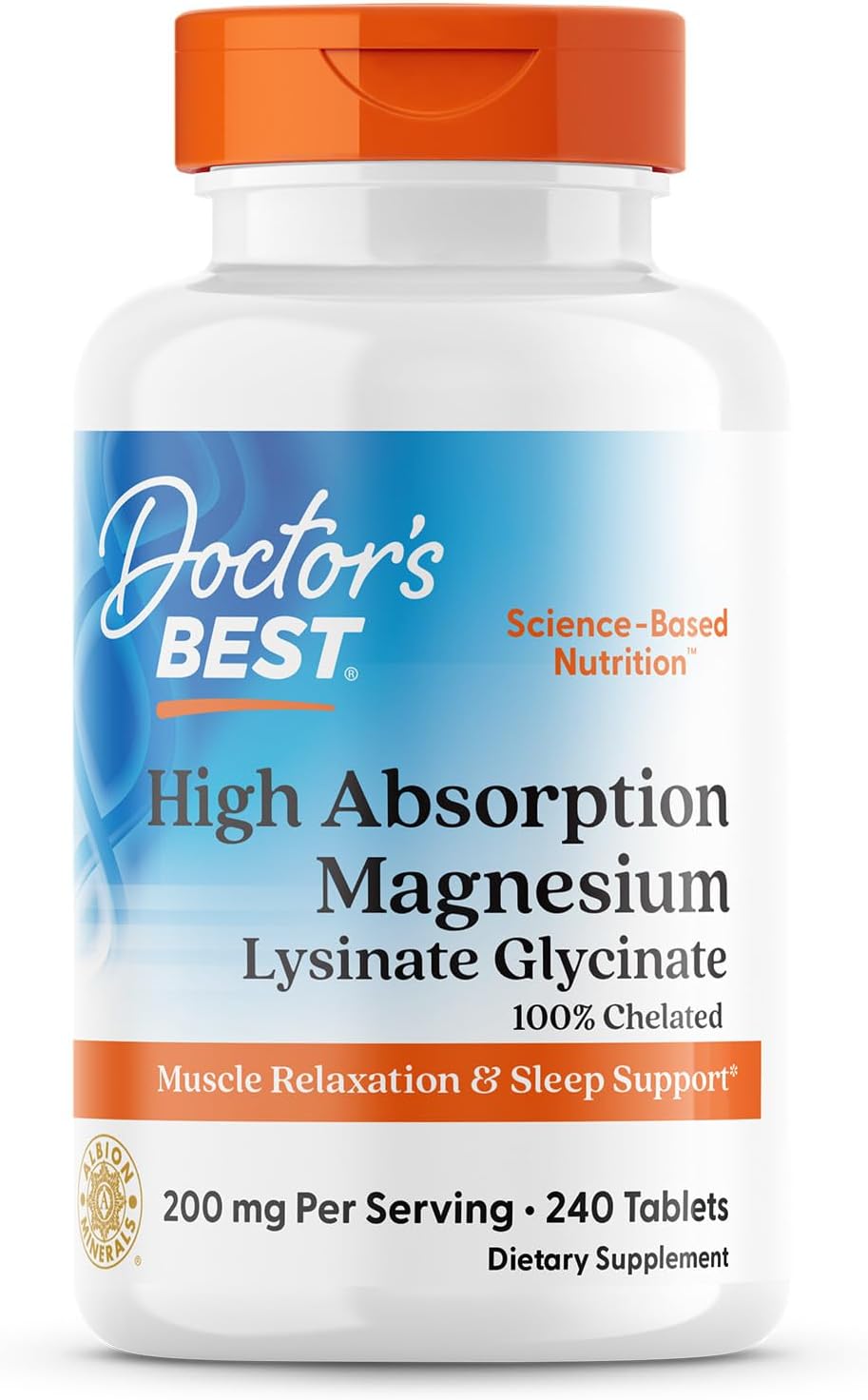
For consistent, daily magnesium supplementation, tablets stay a popular and effective option.
Product Example: Doctor’s Best High Absorption Magnesium Glycinate Lysinate
These tablets offer a chelated form of magnesium, known for its high absorption rate and gentleness on the stomach. Taking these as part of your daily supplement routine helps maintain optimal magnesium levels, especially if you’re engaging in regular, intense physical activity. The convenience of tablets makes them easy to incorporate into your routine, whether you’re at home or traveling for competitions or training camps. They’re also a cost-effective option for long-term, consistent supplementation.
5. Biooptimized Magnesium: Cutting-Edge Formulations
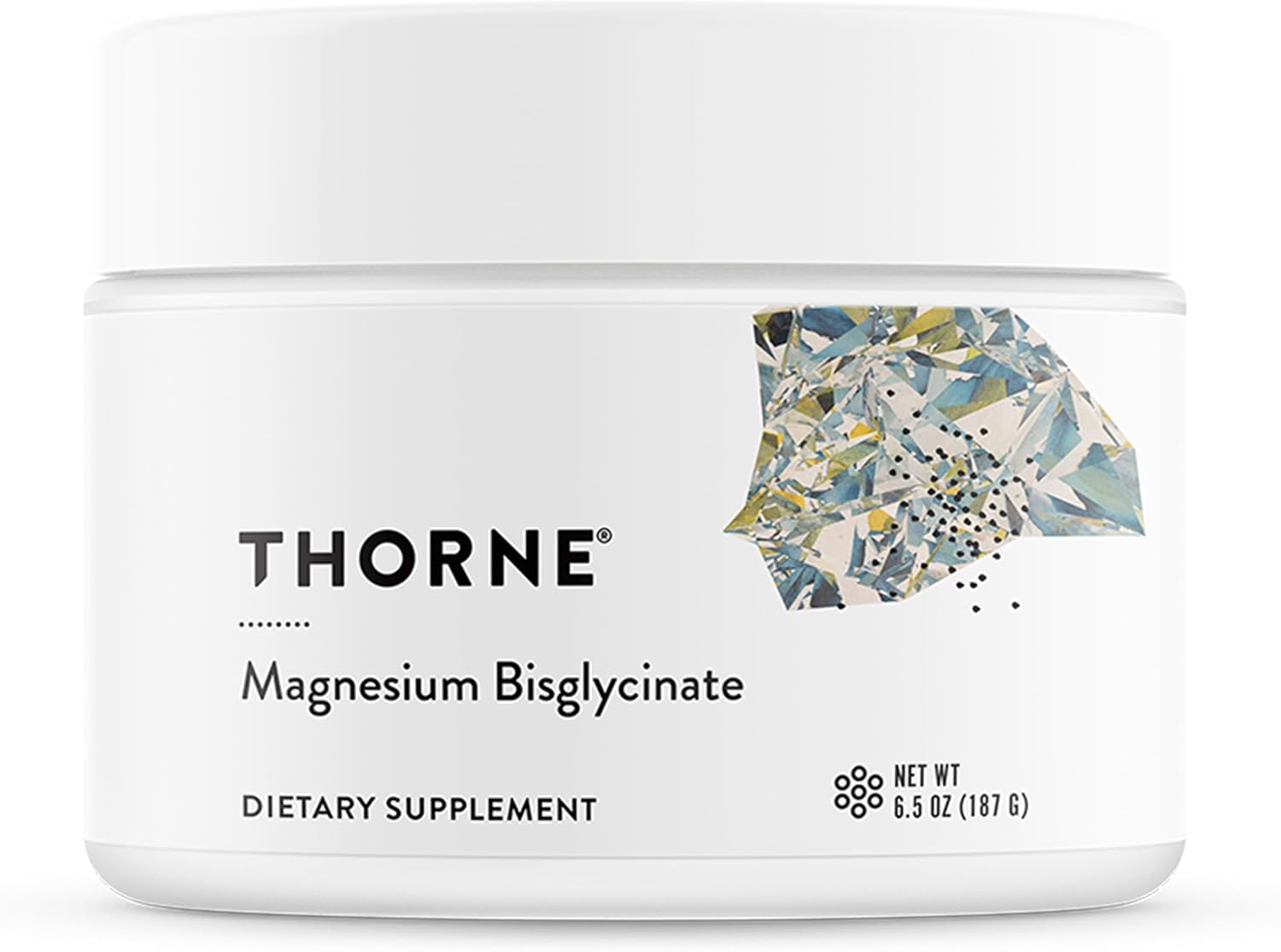
For those looking for the latest in supplement technology, biooptimized magnesium formulations offer enhanced absorption and utilization.
Product Example: Thorne Research Magnesium Bisglycinate Powder
This powder form of magnesium is designed for most absorption and bioavailability. It’s particularly useful for athletes with higher magnesium needs or those who have struggled with absorption issues in the past. Incorporating this type of magnesium supplement into your routine can lead to noticeable improvements in overall recovery time and reduced muscle tension, especially during periods of intense training or competition preparation.
Choosing the Right Magnesium Supplement for Your Needs
Selecting the most suitable magnesium supplement depends on various factors:
Absorption Rate
If rapid relief is your priority, consider transdermal options like lotions or creams, or fast-absorbing oral forms like liquid magnesium. These forms can provide quick relief to sore muscles and help kickstart the recovery process immediately after your workout.
Convenience
Tablets are great for daily supplementation, offering a simple way to maintain consistent magnesium levels. Lotions and creams provide targeted relief for specific areas, making them ideal for addressing localized muscle soreness or tension.
Specific Recovery Goals
Different forms of magnesium may be more suitable for specific goals:
- For muscle soreness: Transdermal applications like lotions or creams
- For sleep quality: Magnesium glycinate or threonate
- For overall recovery: A combination of oral and topical magnesium
Digestive Sensitivity
If you have a sensitive stomach, transdermal applications or highly bioavailable oral forms like magnesium glycinate may be your best option. These forms are less likely to cause digestive discomfort compared to some other magnesium supplements.
Dosage Control
Liquid and powder forms offer more flexibility in dosing, allowing you to adjust based on your activity level and needs. This can be particularly beneficial during periods of intense training or when tapering for a competition.
Maximizing the Benefits of Magnesium Supplementation
To get the most out of your magnesium supplementation for post-workout recovery, consider these pro tips:
Timing is Key
Apply topical magnesium or take oral supplements within 30 minutes of completing your workout for optimal benefits. This timing allows the magnesium to start working as your body enters the recovery phase.
Combine with Proper Hydration
Magnesium works hand in hand with proper hydration for effective recovery. Ensure you’re drinking plenty of water alongside your supplementation. Proper hydration helps transport nutrients, including magnesium, to your muscles and tissues.
Rotate Your Supplements
Consider using a combination of different magnesium forms throughout your training cycle. For example:
- Use tablets for daily maintenance
- Apply lotions for targeted relief after intense sessions
- Take liquid magnesium for quick absorption on heavy training days
This rotation can help address different aspects of recovery and ensure you’re getting the full spectrum of magnesium’s benefits.
Listen to Your Body
Pay attention to how different forms and dosages affect your recovery. Some athletes may find they respond better to certain types of magnesium or specific application methods. Adjust as needed based on your body’s response and your training intensity.
Consistency is Crucial
For best results, make magnesium supplementation a regular part of your recovery routine. Consistent use will help maintain optimal magnesium levels in your body, supporting long-term athletic performance and overall health.
Potential Synergies with Other Recovery Supplements
To enhance your recovery even further, consider combining magnesium with other complementary supplements:
Vitamin D
Pairing magnesium with vitamin D can enhance absorption and support overall bone health. This combination is crucial for athletes in high-impact sports or those at risk of stress fractures. Vitamin D also plays a role in muscle function and immune health, making it a valuable addition to your recovery stack. A great option to try is NatureWise Vitamin D3 5000iu (125 mcg).
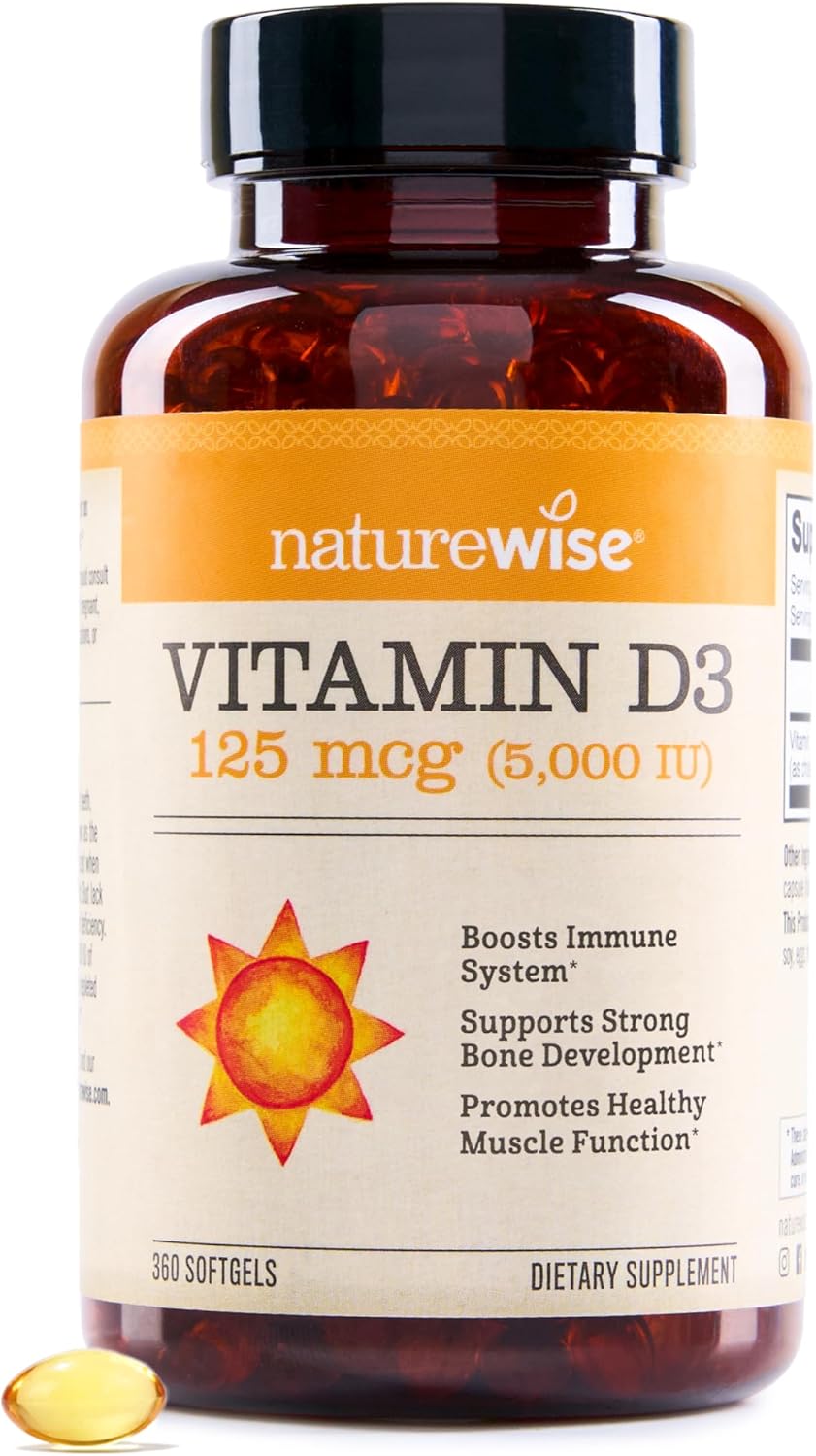
Zinc
The combination of magnesium and zinc has been shown to improve sleep quality, which is essential for muscle recovery and overall athletic performance. Better sleep can lead to improved hormone regulation, reduced inflammation, and enhanced cognitive function – all critical factors for athletic success. Pure Encapsulations Zinc is one example of a great supplement to try.
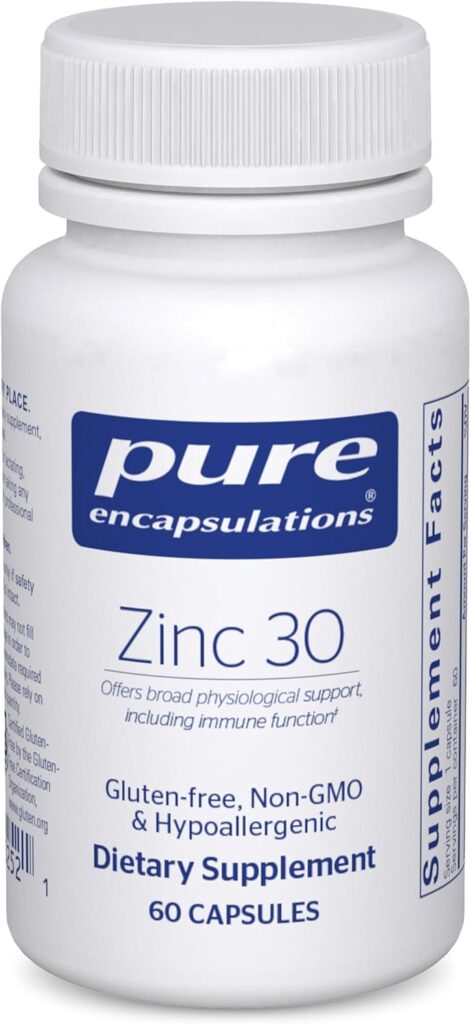
Omega-3 Fatty Acids
Using magnesium alongside omega-3s can help reduce inflammation and support joint health. This combination is particularly beneficial for endurance athletes or those engaged in high-volume training. Omega-3s can also support cardiovascular health and cognitive function, contributing to overall athletic performance. One highly rated product is Sports Research Triple Strength Omega 3 Fish Oil.
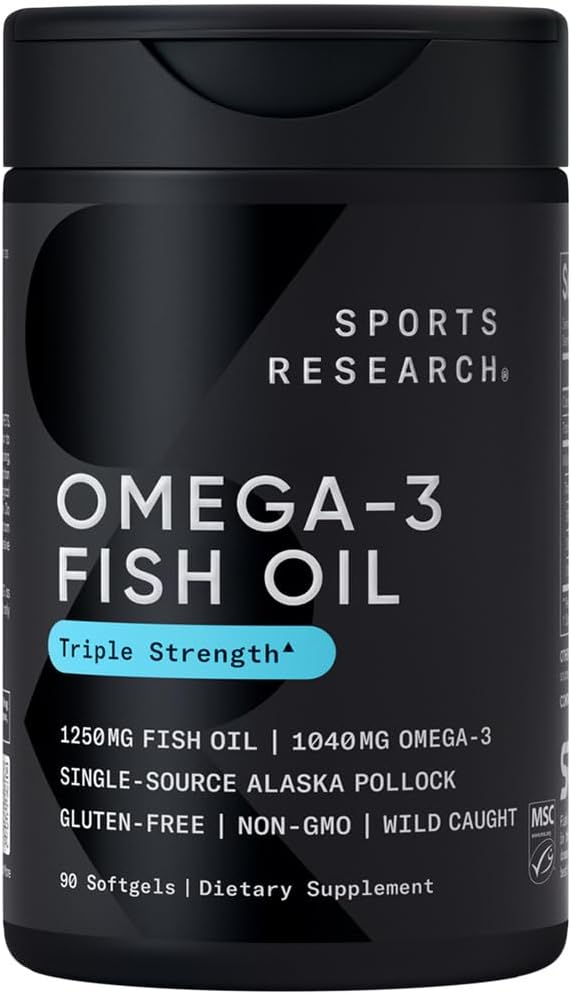
Tart Cherry Extract
Tart cherry extract is known for its anti-inflammatory properties and ability to reduce muscle soreness. When combined with magnesium, it can provide a powerful one-two punch for post-workout recovery, helping you bounce back faster from intense training sessions. Carlyle Tart Cherry Capsules are one popular choice.
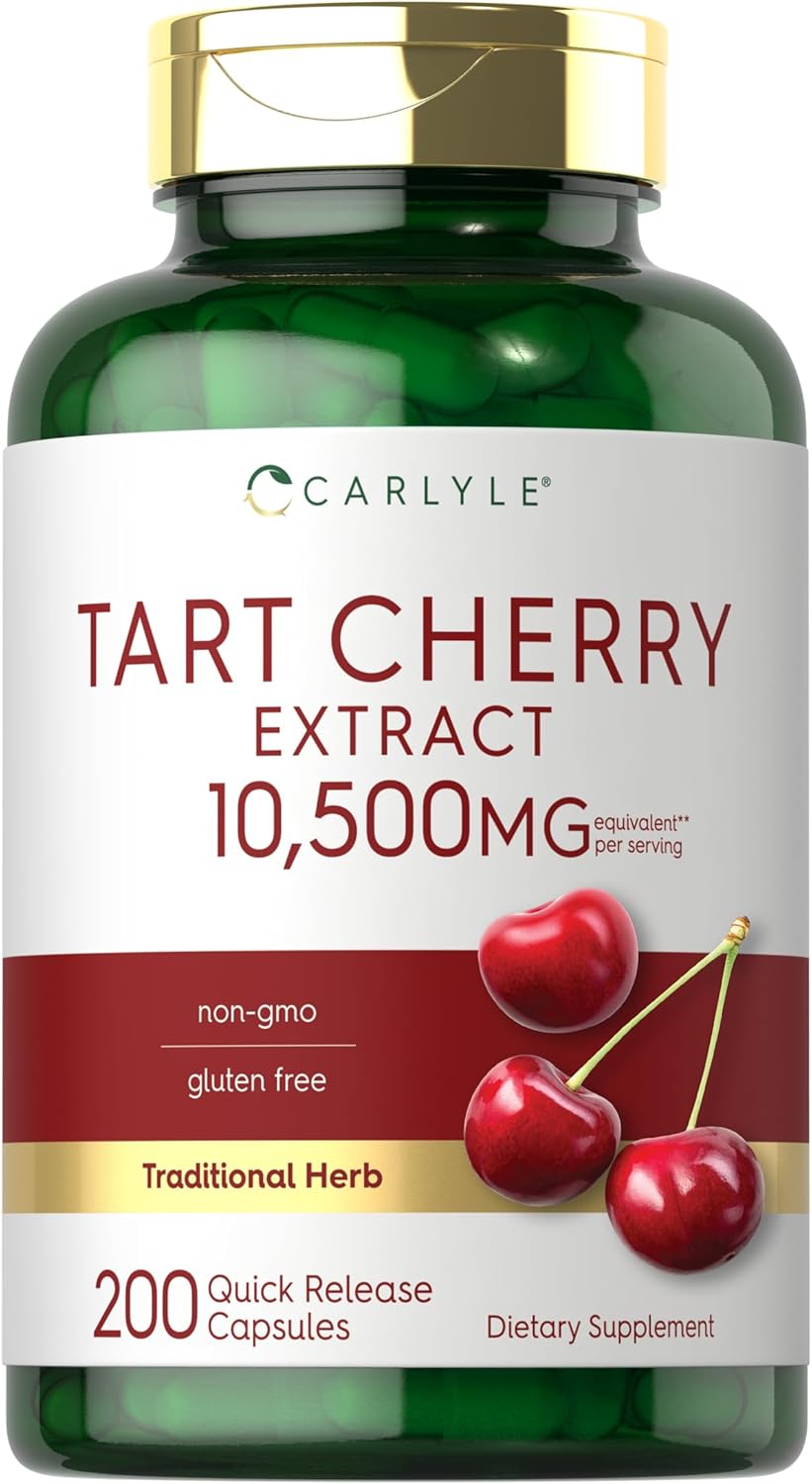
B-Complex Vitamins
B vitamins play a crucial role in energy metabolism and nervous system function. Combining magnesium with a B-complex supplement can support overall energy production and help combat fatigue, both during and after workouts. Life Extension Bioactive Complete B-Complex delivers the full spectrum of the Vitamin B family.
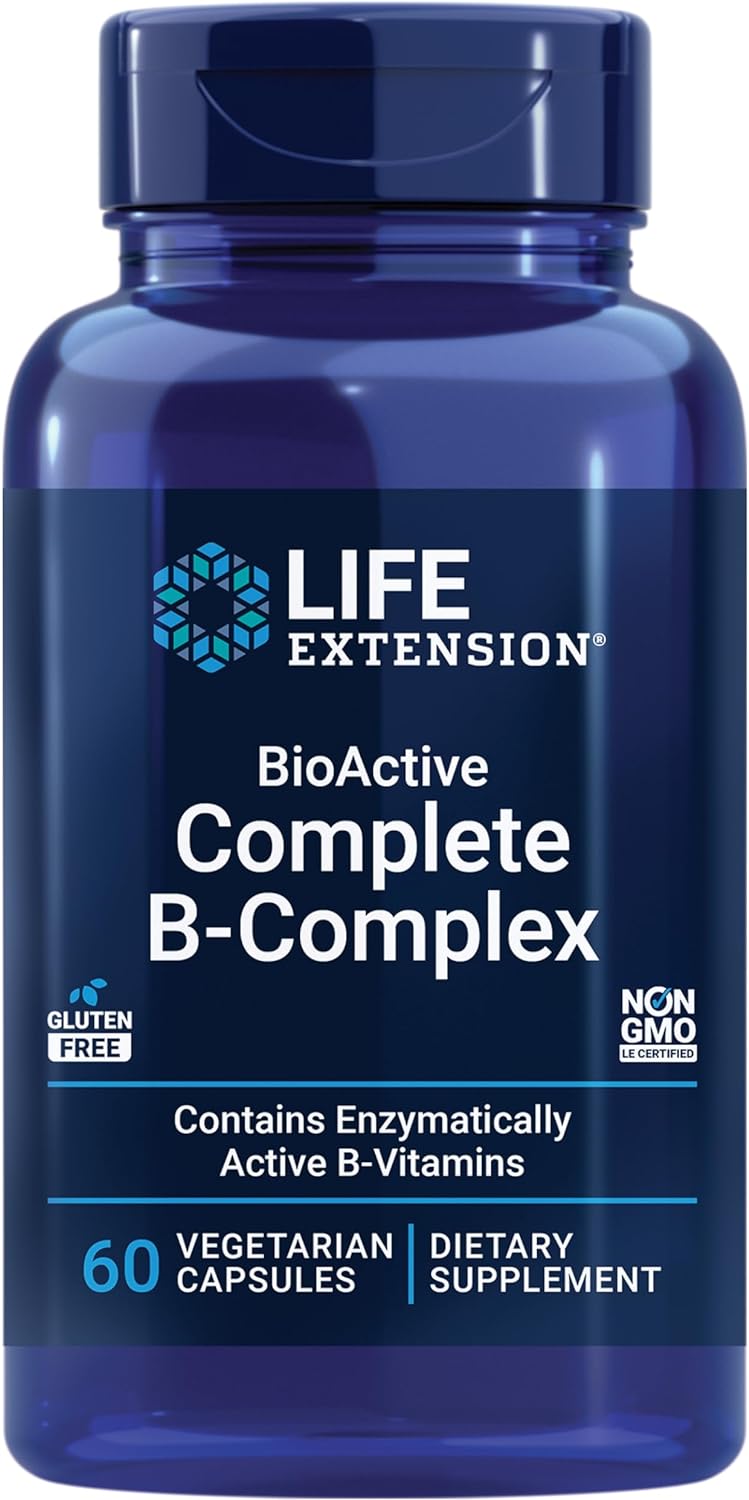
Advanced Magnesium Supplementation Strategies
For athletes looking to take their magnesium supplementation to the next level, consider these advanced strategies:
Periodization of Magnesium Intake
Just as you periodize your training, you can periodize your magnesium supplementation. Increase your intake during high-volume or high-intensity training blocks and slightly reduce it during deload weeks or off-season periods. This approach confirms you’re providing your body with the right amount of magnesium when it needs it most.
Pre-Bed Magnesium Protocol
Implementing a pre-bed magnesium protocol can enhance sleep quality and overnight recovery. About 30-60 minutes before bed, take a dose of magnesium glycinate or threonate, which are known for their calming effects. Pair this with a gentle self-massage using magnesium lotion to relax tight muscles and promote better sleep. Double Wood Supplements Magnesium L Threonate, Magtein™for Sleep and Cognitive Support is a popular choice to take before dozing off.
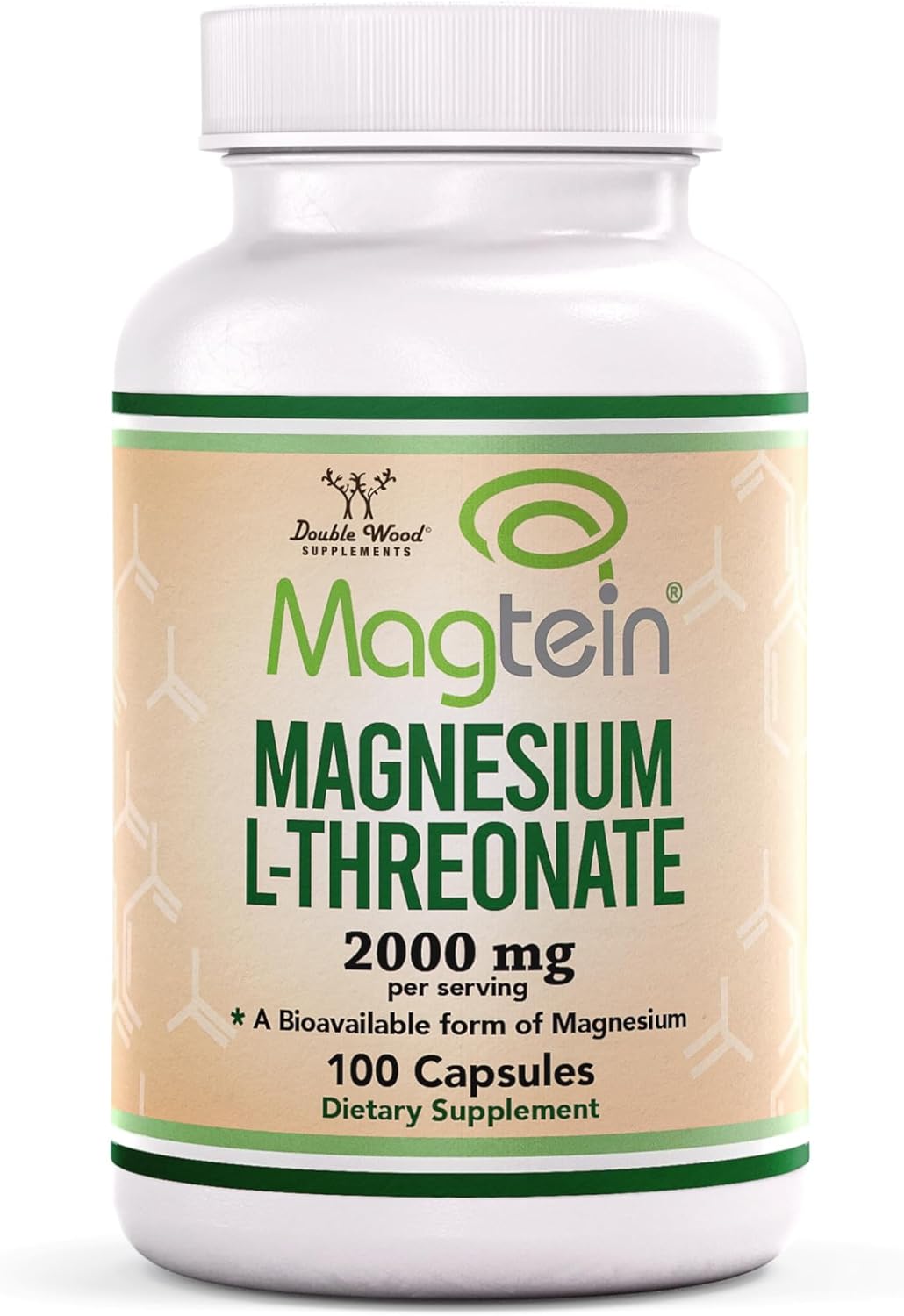
Magnesium Loading for Competitions
In the days leading up to a major competition, consider a short-term magnesium loading protocol. This involves slightly increasing your magnesium intake for 3-5 days before the event.
This strategy can help ensure your magnesium stores are topped up, potentially improving performance and reducing the risk of cramping during the competition.
Customized Magnesium Blends
Some athletes benefit from customized magnesium blends that mix different forms of magnesium to target specific needs. For example, a blend of magnesium glycinate for general recovery, magnesium malate for energy production, and magnesium threonate for cognitive function could provide comprehensive support for high-performance athletes. BioEmblem Triple Magnesium Complex is one example of a highly rated blended magnesium supplement.
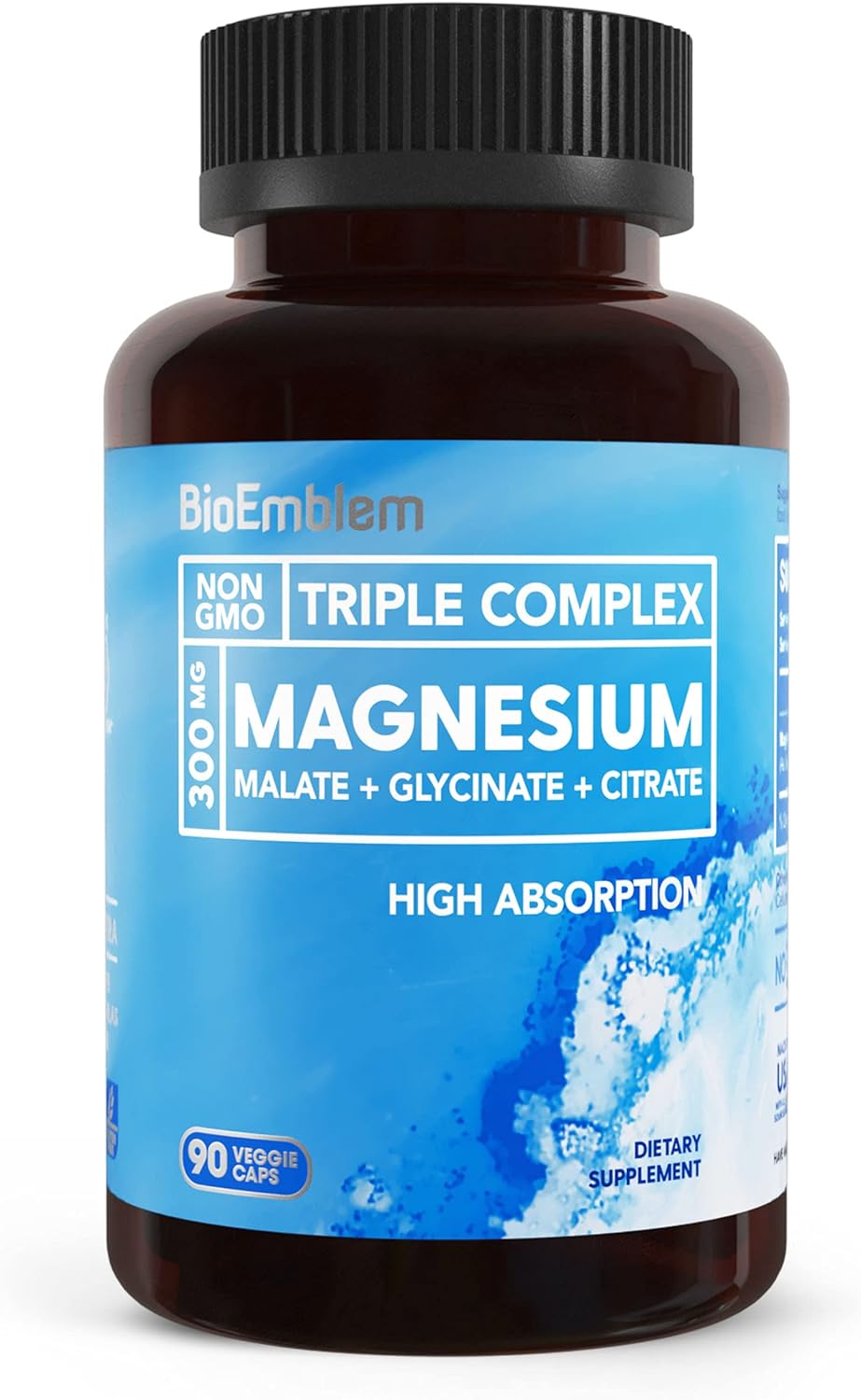
Safety Considerations and Recommended Dosages
While magnesium is generally safe and beneficial, it’s important to use it responsibly. The Recommended Dietary Allowance (RDA) for magnesium ranges from 310 to 420 mg per day for adults, depending on age and gender. However, athletes and those engaging in intense physical activity may need higher amounts.
Start with the recommended dosage on your chosen supplement and adjust based on your person needs and response. If you’re using many forms of magnesium, be mindful of your total intake to avoid exceeding safe levels.
Signs of excessive magnesium intake can include:
- Diarrhea
- Nausea
- Abdominal cramping
- Lethargy
If you experience any of these symptoms, reduce your magnesium intake and ask with a healthcare professional. It’s also important to note that certain medications can interact with magnesium supplements. If you’re taking any prescription medications, especially antibiotics or diuretics, ask with your doctor before starting a magnesium supplementation regimen.
Magnesium-Rich Foods to Complement Your Supplementation
While supplements are an effective way to boost your magnesium intake, incorporating magnesium-rich foods into your diet can provide additional benefits and help maintain optimal levels. Some excellent food sources of magnesium include:
- Dark leafy greens (spinach, kale, Swiss chard)
- Nuts and seeds (almonds, pumpkin seeds, sunflower seeds)
- Legumes (black beans, chickpeas, lentils)
- Whole grains (quinoa, brown rice, oats)
- Dark chocolate (70% cocoa or higher)
- Avocados
- Fatty fish (salmon, mackerel, halibut)
Incorporating these foods into your post-workout meals or daily diet can help support your magnesium supplementation efforts and provide a range of other beneficial nutrients for recovery and overall health.
The Future of Magnesium Supplementation in Sports Nutrition
As research in sports nutrition continues to advance, we’re likely to see new and innovative forms of magnesium supplementation emerge. Some exciting areas of development include:
Nanotechnology in Magnesium Delivery
Researchers are exploring the use of nanoparticles to enhance magnesium absorption and delivery to specific tissues. This could lead to more targeted and effective magnesium supplementation for athletes.
Personalized Magnesium Protocols
With the rise of genetic testing and personalized nutrition, we may soon see magnesium supplementation protocols tailored to a person’s genetic profile, training regimen, and specific recovery needs.
Smart Release Formulations
Advanced formulations that release magnesium at specific times or in response to certain physiological cues could improve the timing and effectiveness of supplementation.
Combination Products
We’re likely to see more sophisticated combination products that pair magnesium with other synergistic nutrients, designed to target specific aspects of athletic performance and recovery.
Key Takeaways
- Magnesium is crucial for post-workout recovery, aiding in muscle relaxation, reducing inflammation, and supporting overall athletic performance.
- Various forms of magnesium supplements are available, including lotions, creams, liquids, tablets, and biooptimized formulations, each with unique benefits for recovery.
- Choose your magnesium supplement based on factors like absorption rate, convenience, specific recovery goals, and person sensitivities.
- Maximize benefits by timing your supplementation correctly, combining it with proper hydration, and using a variety of forms as needed.
- Consider synergistic combinations with other supplements like vitamin D, zinc, and omega-3s for enhanced recovery benefits.
- Incorporate magnesium-rich foods into your diet to complement your supplementation strategy.
- Stay informed about emerging trends in magnesium supplementation to improve your recovery and performance.
People Also Asked
What is the best form of magnesium for muscle recovery?
Magnesium glycinate and magnesium chloride are often considered the best forms for muscle recovery because of their high bioavailability and ability to reduce muscle soreness.
How much magnesium should athletes take daily?
Athletes may need higher amounts of magnesium than the general population, typically ranging from 400-800 mg per day, depending on training intensity and person needs.
Can magnesium help prevent muscle cramps during exercise?
Yes, adequate magnesium intake can help prevent muscle cramps by regulating muscle contractions and supporting proper nerve function.
Is it safe to take magnesium supplements every day?
For most people, taking magnesium supplements daily is safe when following recommended dosages. However, it’s always best to ask with a healthcare professional before starting any new supplement regimen.
How quickly does magnesium work for muscle recovery?
The effects of magnesium on muscle recovery can be felt relatively quickly, often within 30 minutes to a few hours after supplementation, especially when using fast-absorbing forms like transdermal applications or liquid supplements.
Can magnesium supplementation improve sleep quality for athletes?
Yes, magnesium has been shown to improve sleep quality by regulating neurotransmitters involved in sleep and relaxation, which can be particularly beneficial for athletes’ recovery.
Are there any side effects of taking too much magnesium?
Taking excessive amounts of magnesium can lead to side effects such as diarrhea, nausea, and abdominal cramping. It’s important to stick to recommended dosages and ask with a healthcare provider if you experience any adverse effects.
How does magnesium interact with other electrolytes in the body?
Magnesium works in balance with other electrolytes like sodium, potassium, and calcium. Maintaining proper magnesium levels helps ensure optimal function of these other electrolytes, which is crucial for athletic performance and recovery.
Can magnesium supplementation help with post-workout inflammation?
Yes, magnesium has anti-inflammatory properties that can help reduce post-workout inflammation, potentially speeding up recovery and reducing muscle soreness.
Is topical magnesium as effective as oral supplements for athletes?
Topical magnesium can be highly effective for targeted relief of muscle soreness and tension. While it may not provide the same systemic effects as oral supplements, many athletes find it beneficial for localized recovery support.
To maximize your recovery efforts, explore Recovery Essentials Hub for additional workout recovery tips and products designed to help you achieve peak performance. Investing in high-quality recovery practices can make the difference between slow progress and breaking new personal fitness goals.
This post contains affiliate links. If you click on one and make a purchase, I may earn a commission at no additional cost to you. Rest assured, I only recommend products or services I believe will provide value to my readers.
